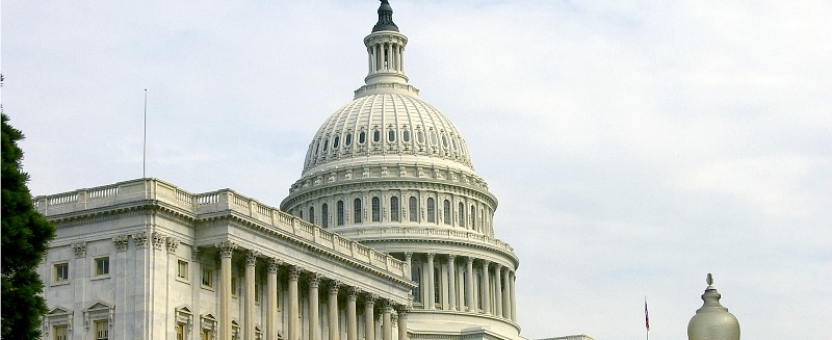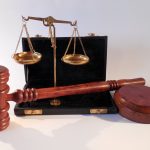In 1776, America’s Founders gathered in Philadelphia to draft the Declaration of Independence, which dissolved the political ties that had bound the American people to Great Britain. A new nation was thus born, free and independent, the United States of America. Eleven years later, in 1787, after American patriots had won our independence on the battlefield, many of the men who had met earlier in Philadelphia, plus others, met there again to draft a plan for governing the new nation, the Constitution of the United States. In 1789, after the plan had been ratified, the new government was established. Together, the Declaration and the Constitution are America’s founding documents.
To better understand and appreciate the form of government we have, therefore, it is important to look first to the Declaration, where the Founders outlined their moral vision and the government it implied. Appealing to all mankind, the Declaration’s seminal passage opens with perhaps the most important line in the document: “We hold these Truths to be self-evident.” Grounded in reason, “self-evident” truths invoke the long tradition of natural law, which holds that there is a “higher law” of right and wrong from which to derive human law and against which to criticize that law at any time. It is not political will, then, but moral reasoning, accessible to all, that is the foundation of our political system. The cardinal moral truths are these:
All Men are created equal, that they are endowed by their Creator with certain unalienable Rights, that among these are Life, Liberty, and the Pursuit of Happiness—That to secure these Rights, Governments are instituted among Men, deriving their just Powers from the Consent of the Governed.
Drawing by implication upon the common law tradition of liberty, property, and contract—its principles rooted in “right reason”—the Founders thus outlined the moral foundations of a free society. Only then did they turn to government. We institute government, the Declaration says, to secure our rights—our natural rights and the rights we create as we live our lives. But the powers government may need to do that must be derived from our consent if they are to be just. Government is thus twice limited: by its end, which any of us would have a right to pursue were there no government; and by its means, which requires our consent.
Having recently overthrown oppressive English rule, they were not about to reimpose oppression on themselves. Accordingly, their basic task was to devise a government that would be strong enough to secure our rights against domestic and foreign oppression yet not so powerful or extensive as to be oppressive itself. Toward that end, the document they drafted, once ratified, authorized government and governmental powers, then checked and balanced those powers through a series of extraordinarily thoughtful measures. Plainly, only certain powers were delegated or granted by the people. Those powers were then enumerated in the Constitution. The rest were reserved to the states—or to the people, never having been granted to either level of government.
As their many writings make clear, the Founders intended the doctrine of enumerated powers to be our principal defense against overweening government: if there were no power to do something, the government could hardly abuse that power. But they provided other defenses as well. Thus, in addition to dividing power between the national and the state governments, leaving most power with the states or with the people, they separated powers among the three branches of the national government—legislative, executive, and judicial—then devised a series of checks and balances to further restrain those powers. Within the bounds of its enumerated powers, for example, Congress may enact legislation; but the president has a power to veto such legislation, which Congress may then override only by a supermajority vote. Likewise, in deciding cases or controversies before them, the courts may exercise the judicial power by reviewing the actions of the other two branches to ensure that they do not exceed the limits imposed by the Constitution, a power that was extended to state actions as well after ratification of the Civil War Amendments; but the president and Congress determine who shall sit on the federal courts. Again, the Bill of Rights was added in 1791, for greater caution; but because no such bill could list all of our rights, the Ninth Amendment states: “The enumeration in the Constitution of certain rights shall not be construed to deny or disparage others retained by the people.” And of course the people retained the power to elect their political officials, which was a final check on overweening power.
In the end, however, no constitution can be self-enforcing. Government officials must respect their oaths to uphold the Constitution; and we the people must be vigilant in seeing that they do. The Founders drafted an extraordinarily thoughtful plan of government, but it is up to us, to each generation, to preserve and protect it for ourselves and for future generations. For the Constitution will live only if it is alive in the hearts and minds of the American people. That, perhaps, is the most enduring lesson of our experiment in ordered liberty.



